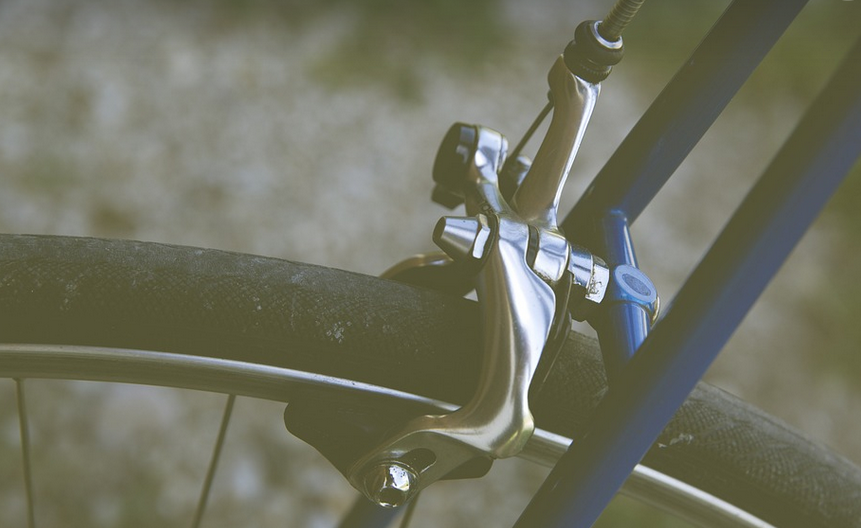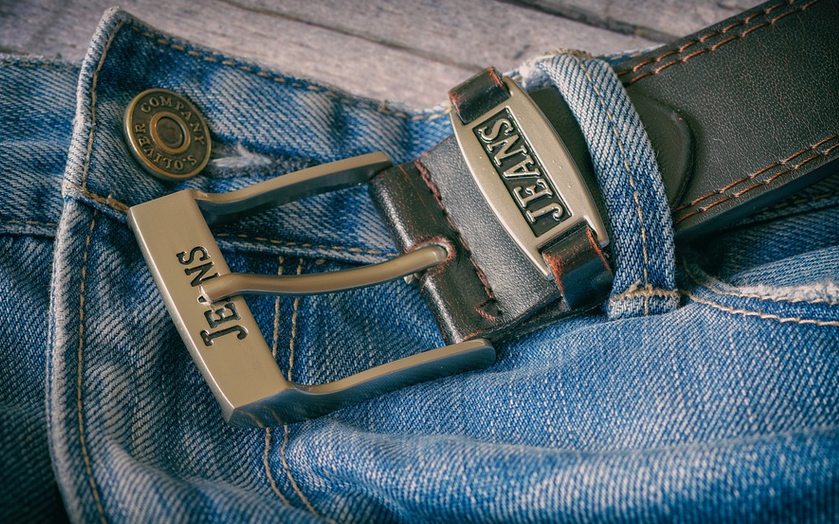Chemical & Heat Resistant Gloves: Your Safety Gear For Tough Jobs

What Makes a Glove the Right Choice?
Working with chemicals, heavy machinery, or extreme temperatures can be hazardous. That’s where chemical and heat resistant gloves come in, offering a crucial line of defense against potential dangers. These specialized gloves are specifically designed to withstand harsh conditions while keeping your hands safe and comfortable.
Think of them as your personal safety shield against the elements. They act as a barrier between you and potentially harmful substances, preventing spills or splashes from directly contacting your skin. And for those who work with extreme temperatures, these gloves provide vital protection from heat, cold, and even hazardous radiation.
Understanding the Different Types
Gloves are not all created equal. Different materials offer unique benefits depending on the specific job or environment. Let’s delve into some common types:
Chemical-Resistant Gloves
These gloves are your go-to for handling various chemicals that can be corrosive, toxic, or irritating to skin. Common examples include:
- Butyl rubber gloves : Widely used in automotive repair and industrial settings due to their excellent resistance to a wide range of chemicals.
- Nitrile gloves : Known for their dexterity and water-resistant properties, making them ideal for handling solvents and oils.
- Neoprene gloves : Excellent for heat and cold resistance, making them suitable for working outdoors or in industrial environments with varying temperatures.
It’s crucial to choose the correct chemical-resistant glove based on the specific chemical you’re handling. Each glove is designed to withstand a certain level of exposure, so always consult the glove’s material and resistance ratings before use.
Heat & Flame Resistant Gloves
For those working with extreme heat or potential fire hazard, special gloves are essential. These gloves offer additional protection against burns, scorching, and even flame propagation:
- Kevlar gloves : Known for their strength and resistance to abrasion and heat, making them ideal for welding, glass work, and other high-heat jobs.
- Nomex gloves : Highly breathable and resistant to various chemicals and flames, making them suitable for working in high-temperature environments.
When choosing heat & flame resistant gloves, always look for gloves that meet relevant safety standards (such as ANSI/NFPA) and are designed specifically for the type of heat or flame you’re encountering.
How to Choose the Right Gloves
Choosing the right glove is as crucial as wearing it! Here’s a quick guide to help you make the best choice:
1. Material Selection
Consider your specific needs and work environment before choosing a material:
**Chemical-Resistant Gloves:** Look for gloves made from Nitrile, Neoprene, or Butyl rubber.
**Heat & Flame Resistant Gloves:** Opt for Kevlar or Nomex.
2. Dexterity and Fit
You want to be able to move freely while wearing your gloves, so find a pair that fits well without restricting your hand movement.
**Consider fit:** Gloves should fit snugly but not too tightly. This allows for proper dexterity and minimizes the risk of accidental chemical spills or punctures.
3. Protection Level
Before taking your gloves to work, check their “level” of protection against chemicals and heat.
**Ask yourself:** What type of chemicals will you be handling? Do you need protection from extreme temperatures?
4. Safety Standards
Ensure that the glove meets relevant safety standards (such as ANSI/NFPA) before use. These standards ensure that the gloves are durable, resistant to certain chemicals and heat, and meet specific criteria for performance.
**Look out for:** The presence of specific certifications like “ASTM,” “NIOSH,” or “REACH” on the glove packaging or its instructions. These certifications confirm the safety and quality of the glove materials.
Caring for Your Gloves
Proper care ensures your gloves stay effective and durable, maximizing their protection during your work:
**Cleaning:** Regularly clean your gloves with soap and water or use a specialized cleaning solution. Always allow gloves to air dry completely before re-use.
**Storage:** Store your gloves in a cool, dry place away from direct sunlight, moisture, or heat sources.
**Inspection:** Inspect your gloves regularly for any signs of wear and tear, punctures, holes, or damage. Discard gloves that show significant damage to prevent potential safety hazards.
Safety First – Use Gloves!
Remember: Chemical and heat resistant gloves are not just fashion accessories; they are a crucial part of your safety gear. Whether you’re working with hazardous chemicals, extreme temperatures, or high-risk activities, using the right gloves will help prevent potentially fatal injuries. Invest in quality gloves to ensure your well-being and focus on doing your work safely.


